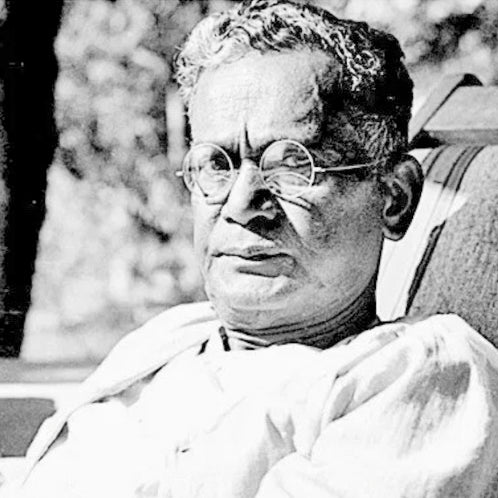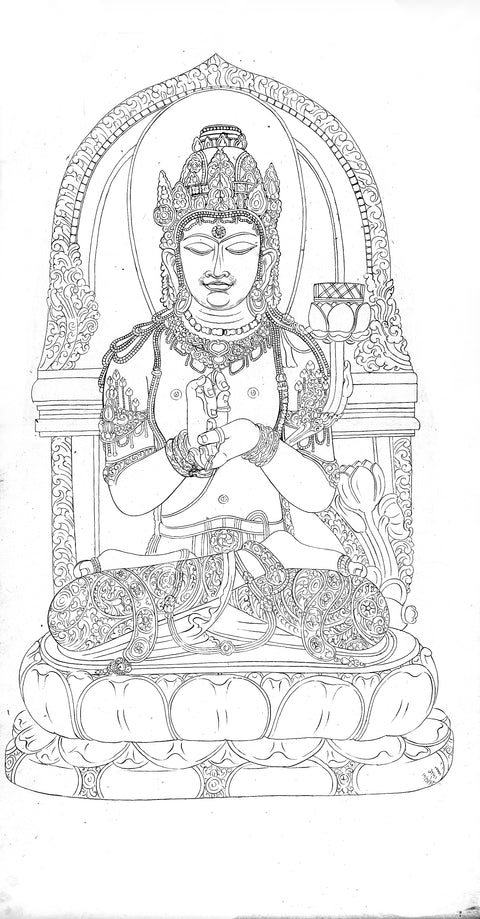Nandlal Bose
Born in Bihar in 1882, Nandalal Bose was one of India's leading artists of the 20th century and was closely associated with the Bengal School. Bose was among the few who sought to reinvigorate Indian art by rooting it in Indian tradition, shunning the overarching Western academic approach to art that prevailed at the time. He trained under Abanindranath Tagore at the Calcutta School of Art in 1905 and forged a lasting friendship with him. Abanindranath later invited him to work at Jorasanko, where he came in contact with A K Coomaraswamy, Rabindranath Tagore, and Count Okakura.An impeccable draughtsman, Bose explored media like linocuts, woodcuts, dry point, etching and lithography beyond their commercial possibilities. His close affiliation with the Bengal School led him to explore art techniques from the Far East and he leveraged them to resonate with an Indian ethos. In 1920, he joined Kala Bhavan at Shantiniketan as a teacher, and taught many notable Indian Modernists, including K G Subramanyan.In addition to imbibing European indigenous traditions in his artistic expression, Nandalal also worked in the wash technique used by Japanese artists. These gave rise to a series of wash paintings that transformed the simple objects of everyday life into tools of powerful artistic expression.Among the most well-known works of the master are the Haripura panel paintings. A series of 77 panels executed on handmade paper in 1938, Bose painted these on Mahatma Gandhi’s request to mark the Congress session in Gujarat. These dynamic portraits of everyday Indian life cover every aspect of rural existence. Subjects like the humble cobbler, tailor, farmer or a woman milking a cow, were handled with superb artistic discipline and with the greatest economy of strokes.It was a blending of classical formal technique with the vibrant rural subject matter and themes drawn from rural India that gave his art its great composure and fundamental directness. Nandalal Bose passed away on 16 April 1966.
His exhibit with us is an ink on rice paper.





